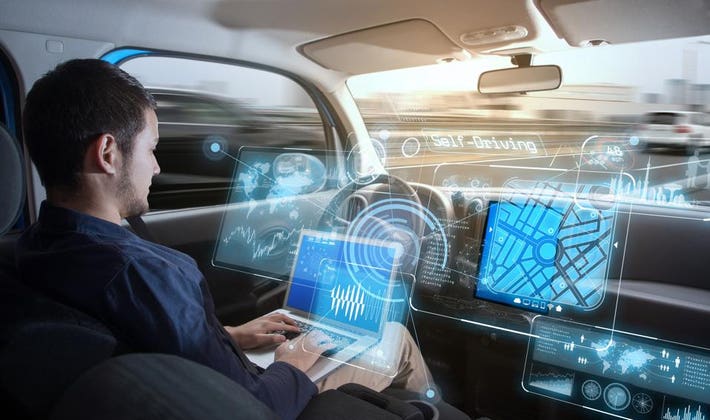Transportation is a major contributor to greenhouse gas emissions and achieving net zero transportation goals is vital for a sustainable future. The shift towards sustainable transportation involves reducing carbon emissions, adopting electric vehicles (EVs), and enhancing public transportation systems. This article explores the strategies, challenges, and benefits associated with achieving these goals.

Understanding Net Zero Transportation
Net zero transportation refers to the balance between the amount of greenhouse gases produced and the amount removed from the atmosphere. Achieving this balance is crucial for mitigating climate change and ensuring environmental sustainability.
Many countries and companies are setting ambitious targets to reach net zero transportation goals by 2050 or earlier. These targets include transitioning to electric vehicles, enhancing public transit systems, and investing in sustainable fuels.
The Role of Electric Vehicles
Electric vehicles play a significant role in reducing transportation-related emissions. They are powered by electricity, which can be generated from renewable sources such as solar and wind power. The adoption of EVs is essential for achieving net zero transportation. Learn more about Tesla vs Lucid vs Rivian.
Public Transportation Enhancements
Improving public transportation systems is another critical aspect of achieving net zero transportation goals. Efficient public transit can reduce the number of individual vehicles on the road, decreasing overall emissions.
Investments in high-speed trains, electric buses, and shared mobility services are essential. Read about the improvements in public EV charging networks.
Challenges in Achieving Net Zero Transportation
Despite the benefits, achieving net zero transportation is not without challenges. These include the high cost of EVs, the need for extensive charging infrastructure, and the transition from fossil fuels.
Governments and companies must collaborate to overcome these obstacles, ensuring policies and incentives support the transition. Discover how to charge an EV in winter.
Benefits of Net Zero Transportation
The benefits of achieving net zero transportation goals are substantial. They include reduced air pollution, improved public health, and a decrease in the reliance on fossil fuels.
Additionally, sustainable transportation can drive economic growth by creating new jobs in the EV and renewable energy sectors. Explore the EV awareness campaigns.

Future of Transportation
The future of transportation is heading towards sustainability. With advancements in technology and increasing awareness, achieving net zero transportation goals is becoming more attainable.
Stay updated on EV technology trends to understand the latest developments in sustainable transportation.
FAQ Section
What are net zero transportation goals?
Net zero transportation goals aim to balance the greenhouse gases produced by transportation with the amount removed, targeting a sustainable future.
How can electric vehicles contribute to net zero goals?
Electric vehicles reduce emissions by being powered through renewable energy sources, significantly contributing to net zero transportation.
What are the main challenges in achieving net zero transportation?
Challenges include the high cost of EVs, the need for charging infrastructure, and transitioning from fossil fuels. Collaboration and policies are essential to overcome these hurdles.





